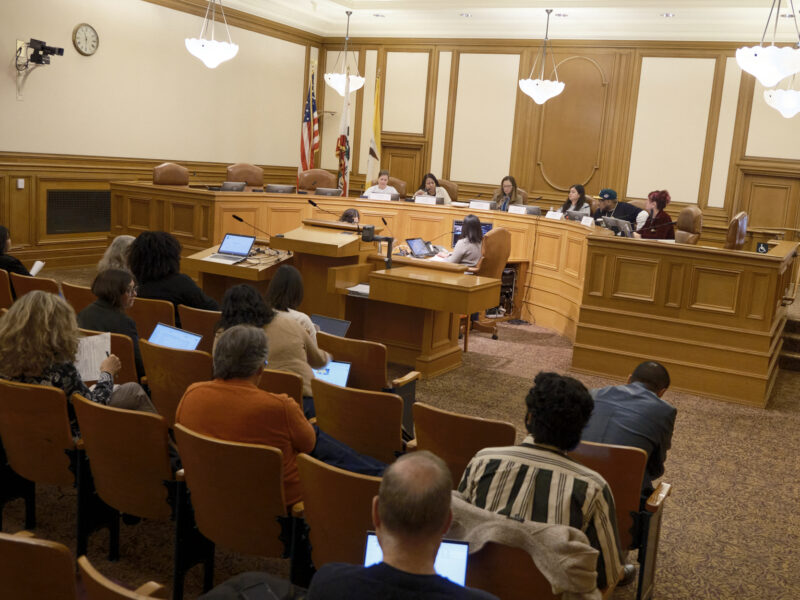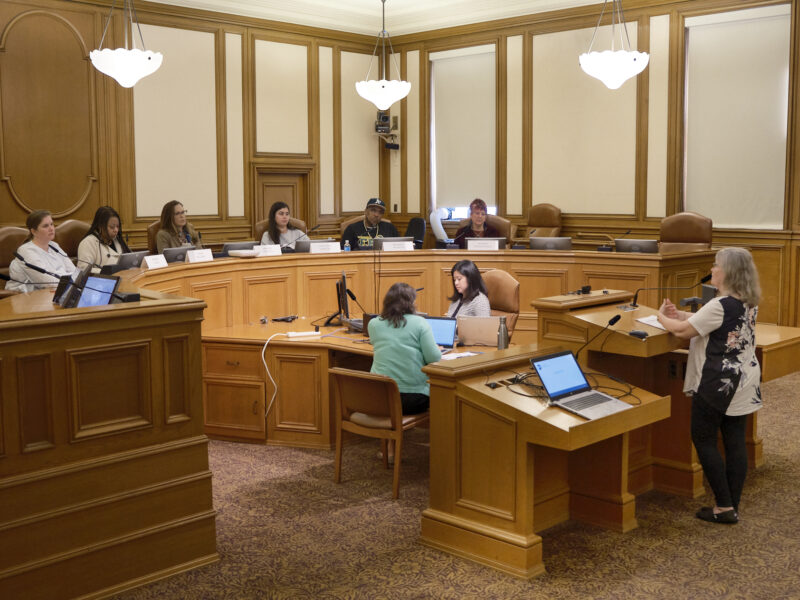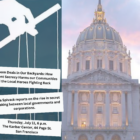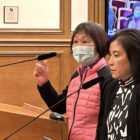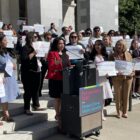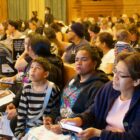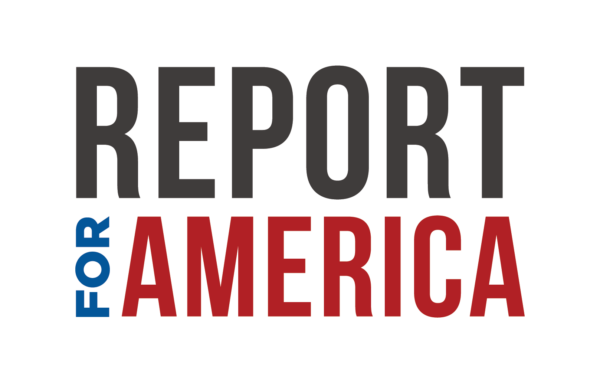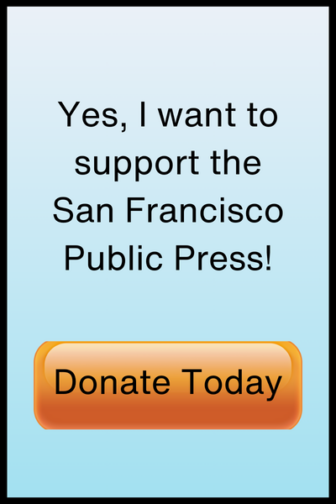California Proposition 4 would authorize the state to borrow up to $10 billion to mitigate and manage the negative effects of climate change. Supporters say that if voters do not approve the measure, it could cost the state more in the long run.
Open Government
Why Do Governments Keep Information From the Public? A Veteran Journalist Weighs In
Providing records and information to the public can be time consuming, expensive and legally risky, said award-winning journalist Miranda Spivack at a recent event hosted by the San Francisco Public Press.
Elections
三藩民選官員遭反對,因其提案關閉海洋公路
居住在舊金山西側,由市參事殷嘉立(Joel Engardio)代表的市民表示,他們對他於其他市參事共同發起一項投票提案感到措手不及。該措施旨在永久關閉海洋公路,禁止汽車通行,並將其改造為海濱公園。
民眾說,殷嘉立在支持這項措施之前應該先諮詢他們的意見。一部分正在敦促他修改這項提案或將其從投票中撤回。
(This story also available in English. Click to find it.)
Elections
SF Lawmaker Faces Growing Backlash for Supporting Great Highway Closure
Many of Supervisor Joel Engardio’s constituents, who live on San Francisco’s west side, said they felt caught off guard by his move to co-sponsor a ballot measure to permanently close the Great Highway to car traffic and turn it into a park.
They said he should have consulted them before backing the measure, and some are pushing him to alter or withdraw it from the ballot.
From the Newsroom
Join Us to Learn How Government Secrecy Can Hurt You
Local governments are secretly making deals with corporations that can threaten public health and safety, and even democracy.
To learn more, join us at our July 11 event on this topic: “What You Don’t Know About Local Government Can Hurt You.”
Government & Politics
SF Lawmaker Pitches Pay Cuts for Top Officials to Ease Budget Woes
In an effort to help fill budget gaps and bolster some essential city services, one San Francisco lawmaker is proposing pay cuts at the highest levels of government.
City Hall has faced increasing budget shortfalls since the COVID-19 pandemic, which hobbled the downtown office real estate market, disrupting a major source of tax revenue. Mayor London Breed’s latest proposal to close the budget deficit, projected at $790 million over the next two fiscal years, has met objection from some officials and local social service providers.
Bay Area
As Bay Area Cities Adopt Real-Time AI Translation for Public Meetings, SF Abstains
Cities in Northern California are increasingly adopting artificial intelligence-powered translation tools in an effort to make public meetings more accessible to residents who are not proficient in English. The technology could address obstacles to access in San Francisco, where people can struggle to obtain city-provided interpreters.
Should San Francisco consider following San Jose, Modesto and others in adopting AI translation? City officials say no, and some community groups are wary but open to the possibility.
City Hall
Inadequate Language Services Leave Immigrants in the Dark at SF Public Meetings
For immigrants and other San Francisco residents who speak little English, accessible and robust interpretation services are essential in order to understand what’s said at public meetings and communicate with officials.
The city claims to have the strongest language-access policies in the nation, and a new proposal is on the way to strengthen them further. But, in practice, those policies leave a communication gap between lawmakers and those affected by their laws, community groups say.
Government & Politics
Recent Policy Reforms May Help California Domestic Violence Survivors Stay Housed
Domestic violence survivors in the Golden State are getting some help in the form of recent regulatory reforms. That includes one policy that prohibits some landlords from rejecting housing applicants based on their credit histories, which often suffer in abusive situations.
But more big fixes are needed, a UCSF report notes, like additional domestic violence shelters and better coordination of shelter and social service intake systems. Many women find today’s homeless shelter settings unsafe, so they opt to sleep on the streets after they leave an abusive partner.
Government & Politics
SF to Offer Some Homeless Migrant Families Temporary Hotel Stays, as the Rest Languish
Faced with an influx of unhoused migrant families into San Francisco, the Department of Homelessness and Supportive Housing will offer between 100 and 150 households temporary stays in hotels in the next year. That will likely fall short of addressing the full need.
Migrant families have joined service providers and faith-based advocates in a push for a policy response to the mounting crisis, including increasing access to temporary housing and providing greater transparency about where families are on the waitlist for shelter. City officials discussed potential solutions at a Monday hearing of the Board of Supervisors.
Elections
Despite Controversy, Candidates’ Chinese Names Unlikely to Sway S.F. Voters
For months leading up to Tuesday’s primary election in San Francisco, debate has swirled around new rules allowing many, but not all, candidates to use authentic-looking Chinese names on the ballot. In the past, candidates have chosen names to communicate concepts, including political values and ethnic identity, to appeal to Chinese voters.
But how much will the names actually affect voters’ decisions?
Probably not much, some experts say.
“Just having a Chinese name on the ballot, that’s not going to do it for you,” said Jim Ross, a San Francisco-based political strategist and consultant who leads focus groups studying local Chinese voters. “You’re not going to win or lose because of that.”


